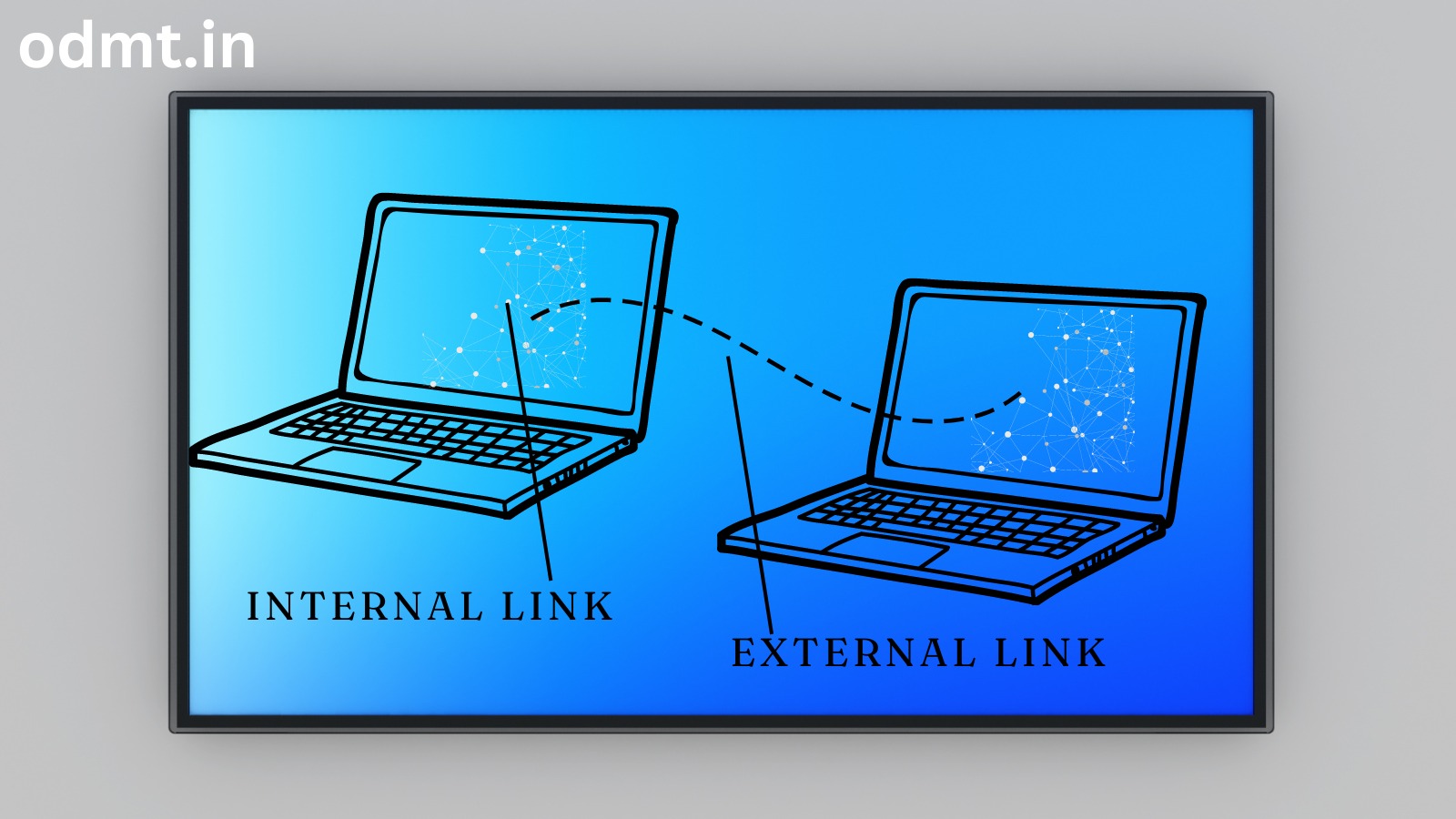INTERNAL LINKS:
Internal Links: These are hyperlinks that connect one page of a website to another page within the same domain. They help users navigate a website and improve SEO by distributing link authority across pages.
- Example: A blog post linking to another related post on the same site.
WHY INTERNAL LINKS ARE IMPORTANT FOR SEO:
Internal links are a crucial part of SEO for three main reasons:
- They help search engines understand your site’s structure
- They pass authority
- They help users navigate your site
EXTERNAL LINKS:
External Links: These are hyperlinks that point from one website to another website. They can add credibility by linking to authoritative sources and can help in building relationships with other websites.
- Example: A blog post linking to a research article on another website.
WHY EXTERNAL LINKS ARE IMPORTANT FOR SEO:
Using external links helps:show Google how your content relates to other pages. Provide value to your readers by offering more information and resources.Build relationships with other sites, which can lead to exposure, traffic,and backlinks.

WRAPPING UP:
External links can help to improve a website’s domain ranking, while internal links can help to improve the ranking of individual pages or posts.Internal linking can help to distribute authority and ranking power throughout the website, which can improve the visibility of all pages and posts.
In summary, internal links keep visitors within your site, while external links contribute to credibility and authority by connecting to external resources. Both types of links play essential roles in optimising your website and enhancing user experience.
Both types of links are important for user experience and search engine optimization (SEO).
